The Suns evaluate Durant s trade possibility
The Suns traded Durant in the 2022-2023 season. This superstar who wants to prove that he is capable of leading the team to win the championship is regarded as the last piece of the Suns' puzzle for chasing the championship. However, the Suns' lineup transformation operation is completely contrary to the team's goal of winning the championship, and also laid the groundwork for the final breakup between the two sides in advance. Looking back at Durant's deal, the Suns gave three starting wings, Bridges, Cameron Johnson and Crowder, and then sold the starting center Ayton with a short-sighted look. In the end, they discovered that compared to Durant, the starting wings are the more critical rare bargaining chips. After the management's aggressive operation, compared with the loss of flanking resources, it has become a big problem for the Suns to find the starting center with the same value in the center position. According to the Suns' team building logic around the short shooting guards, it not only easily forms peripheral shortcomings, but also accelerates the players' small balling, and cannot find the center's answer, which also makes the top-heavy lineup lack the value of frame protection and defense replacement, which leads Durant often needs to serve as the inner line of the frame protection and the fifth position of the small ball, and also takes into account the main defensive force on the periphery. In an era when the wings are king, he also stacked a large number of short players, causing the Suns to be penetrated by their opponents in the next offensive round after each desperate attempt to get points. In the end, they could only rely on the exhausted Booker and Durant to continue to prolong their lives at critical moments. Putting such a historically-level scoring killer to the defensive position is a waste. Due to the team's bloated salary structure and the management's quick success and instant benefits, the basic-paid players who joined the Suns in recent years have basically become passers-by. The head coach has frequently changed players, and the tactical system and player positioning have changed again and again. led to Durant having to be heavily guarded by his opponents under the offensive strategy of playing half-court attack but lacking the cover of the offensive system. Instead, he made his poor half-court transmission many times by the defense to find counterattack opportunities. This cannot be blamed on Durant. When he continues to execute things beyond his advantages, Durant naturally cannot concentrate on being the God of Death, while the Suns ended up missing the playoffs. As a result, the losing-lose breakup will naturally become a foregone conclusion. In order to introduce Durant, the Suns paid Bridges, Cameron Johnson, Crowder and four first rounds and two first round swap rights. The mainstream rhetoric at that time was that Durant was worth so many bargaining chips, and Suns fans were also reluctant to leave their high-quality players, but from a long-term perspective, they also squandered too much present and future for an unattainable goal. When Durant came to the Suns in a blazing spirit, and after he joined forces with Paul, Booker and Ayton, he probably wouldn't have any chances of restricted areas and wing reinforcement in the next few years. As the basic players come and go, the responsibilities of core players are increasing. The role of the flowing players, the iron-killed leader, and the lack of building a team culture, resulting in repeated overdrawn foundations, which naturally leads to failure. To be fair, Durant was no longer capable of death during the Suns, but he was given a heavier task, so it was difficult to hide his fatigue later in the season. His limitations are obvious enough. Although he can hold the ball to attract defense, he cannot bring his own system and drives offense around his own threat. Most of the time, Durant is more like a high-end graphics card, and is unable to turn things around if he is connected to a computer with problems with innate configuration. Even though the jump shot percentage is 49.7% this season, the mid-range shooting percentage is 53.1%, and the jump shot after dribbling is 50.9%, and the offensive data are the first in the league, which is enough to prove that he has no ability to shoot singles, but he is closer to a plug-and-play offensive end point, rather than an all-around star in the past. The Suns, who have been reshuffled many times, find it difficult to build a stable system. They can only hand over the ball to Booker and Durant after halftime, so the situation mentioned above is created. Durant's organizational ability that should not have been valued was regarded as a weakness and magnified. But in fact, this should have been solved by point guards or team tactical design. And what's worse is that Durant was 37 years old at the beginning of the 2025-2026 season. Anyone knows that this is a dangerous age for a star to fall at any time, let alone a Durant who suffered a serious injury. This most direct reason directly caused the disadvantage of the Suns being bargained when selling Durant. An elderly superstar who can no longer be in and out of the game with his own strength. It is natural for the Sun to sell him, and it is also reasonable for the next team to buy him. The seller emphasizes value, while the buyer emphasizes validity period and additional risks. In the mid-2024-25 season, it was reported that the Suns once reached a deal with the Heat and the Warriors, but in the end it was a miscarriage due to Durant's refusal. The details of this deal were not clear, but it became a turning point in the relationship between the Suns and Durant. Even though the Suns had explained the benefits of the deal to each other afterwards, Durant was placed on the trading shelves without knowing it and creating negative emotions, which part of it might have directly contributed to his idea of leaving the team. After the trading deadline, the situation between Suns Durant has begun to be discussed. Coupled with his side-by-side conflict with the coach, these contradictions have begun to become hot searches again and again. Before the argument, Durant directly mentioned the reason why the Warriors and Suns trade failed in front of the media: "I know why you want me, but from the perspective of experienced people, this level of mid-season trade is too much for any team in terms of my on-court performance and contracts, and it is not feasible to succeed in this form of mid-season trade." Although Durant's truth has not been publicly criticized by the Suns, it has already hinted at his hopes for the future and the trading subtext of "not wanting the new team to pay too much", which has also made the Suns fall into a passive situation when trying to find Durant's next home after the end of the season.. When the Suns and the teams were still bargaining, Durant's camp used his only one-year contract as bargaining chip to propose the next team he did not want to go to. Due to the difference between a one-year short-term contract and a long-term contract, many teams finally left the court. In the end, the Rockets got the opportunity to lower the price in the transaction, and even Smith and Shepard Jr. got Durant without even paying. Faced with these next players who took the opportunity to lower the price, the Suns received pitifully little rewards. Dillon is a good tough guy and has the opportunity to become Ryan Dunn's senior mentor; Jaylen Green was also regarded as a potential newcomer, but he still faces considerable doubts. For the Suns, who have been stockpiling shooting guards for many years, Jaylen Green has only limited help. After the transaction, reporter Brian Windhorst revealed that Durant had been refusing to trade until the trading chips were so low that the Rockets could not refuse. Durant's team worked hard to get Durant to the Rockets while ensuring that the Rockets would not pay too much in the transaction process. In the end, the deal was completed in a completely unexpected situation. From the perspective of the Suns, if the Suns do not buy out Bill, they will face another situation of overreight; and if the Suns buy out Bill, they can certainly free up salary space and clear up growth space for Jaylen Green. For the Suns, although Booker renewed the contract to lock in the future for the team, the success or failure of this deal is ultimately on Jaylen Green, the Rockets' Rockets have already scraped half of the lottery. From this perspective, accepting Jaylen Green should definitely not be the Suns' first choice. As for the additional pick chips, it may have given the Suns a good reward in the draft. But this cannot directly reflect the value of this part. The Suns' draft success and the high value of the draft picks themselves are two different things. Combined with the draft chips obtained by the Suns, it is difficult to satisfy in terms of quantity and value. Two and a half years later, the Suns gave up Durant and exchanged Jaylen Green and Dillon in the seven-party trade, with the No. 10 draft pick in 2025, and finally selected MaluAchi. After the operation, the five second round picks became 31 picks and three-point shooter Kobe Brea, as well as Hawks' two-way player Prowden, with a second round. Judging from the bargaining returns, the chance encounter between the Sun and Durant has been considered a beautiful misunderstanding in recent years. As for the future, the Suns' hope is to keep their competitiveness and future with Booker as the core and reorganize the lineup. The Suns have not obtained high-value draft picks and have not obtained high combat power in the future, namely, combat-powered stars. Instead, they have become a chaotic bottom due to the reshuffle of management and coaches and personnel changes in the star roster. Although the new management has strengthened its position in the center, they will have to face the sequelae of nightmare of the past few years in the short term. In the mud of lack of orthodox point guards and large wings, they can watch the crowded shooting guard position. Looking back, when the Suns took out three wings, four first rounds and two first rounds as bargaining chips, the Suns naturally did not just want to exchange for Durant's two and a half years of use rights. But in front of this Hall of Fame star, many people have ignored his age and technical limitations. Ironically, today, when we discuss what rewards the Sun gets back in Durant, many people once again ignore his value. Durant couldn't hide his smile when he learned that he was being traded. Behind his cool departure, the Suns and Durant's two and a half years of journey together exchanged for a daydream at the cost of a forward clearance, and their gamble ended in a dismal end. As for Durant, he got the opportunity to bring a new team to the championship and prove himself as he wished. However, it is still difficult to know whether he can get what he wished this time. 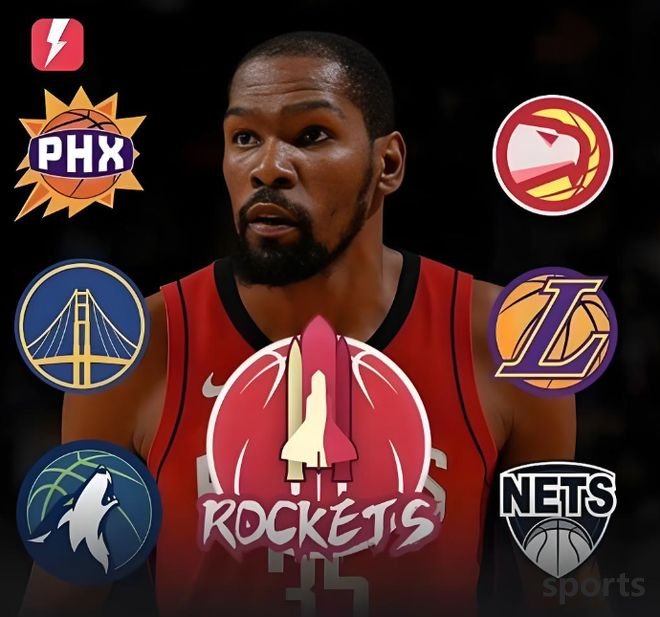
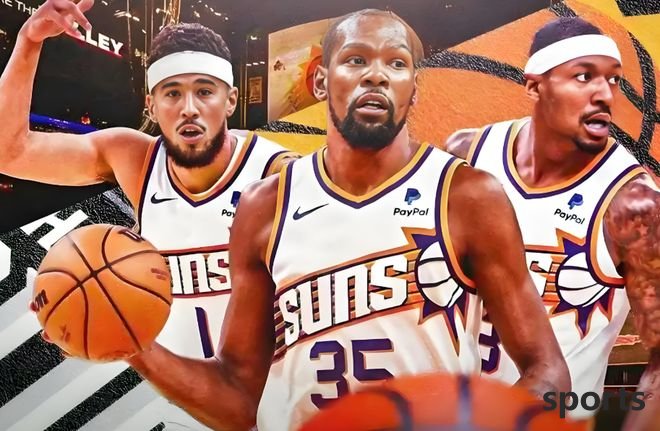
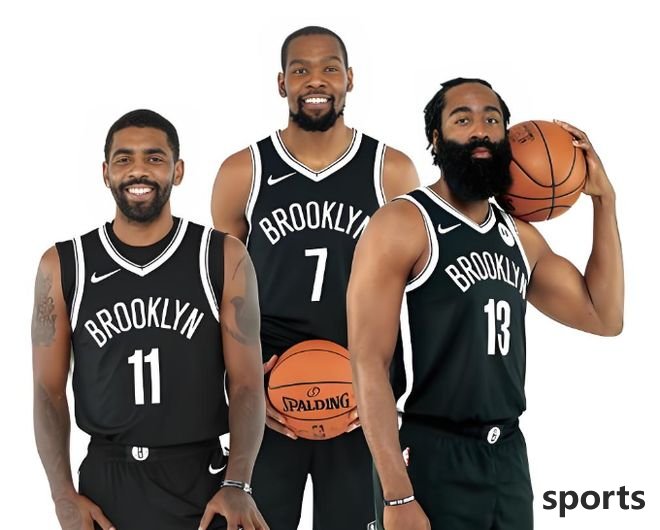
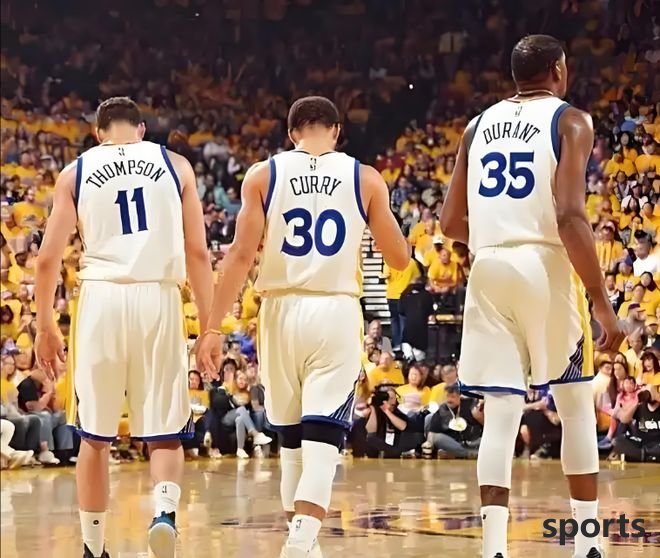
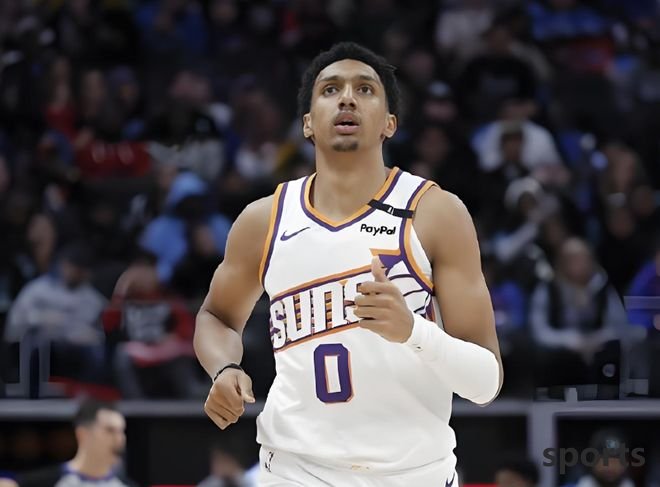
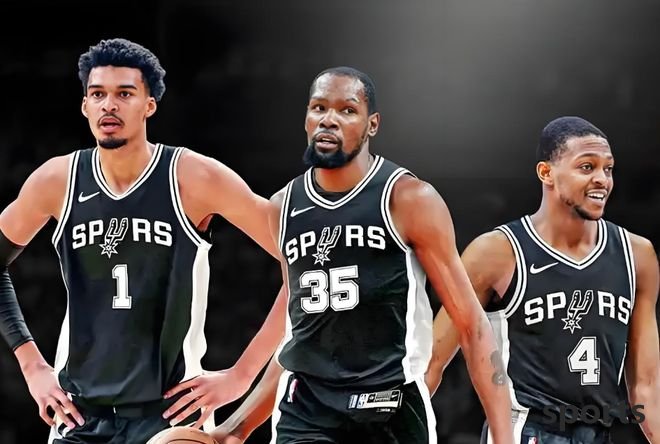
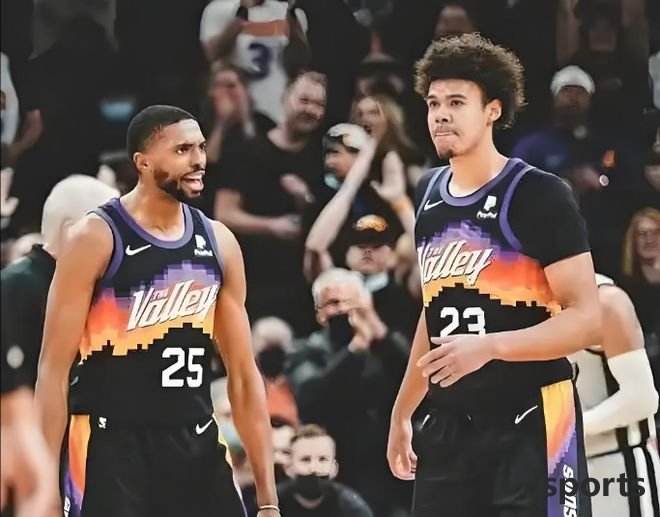
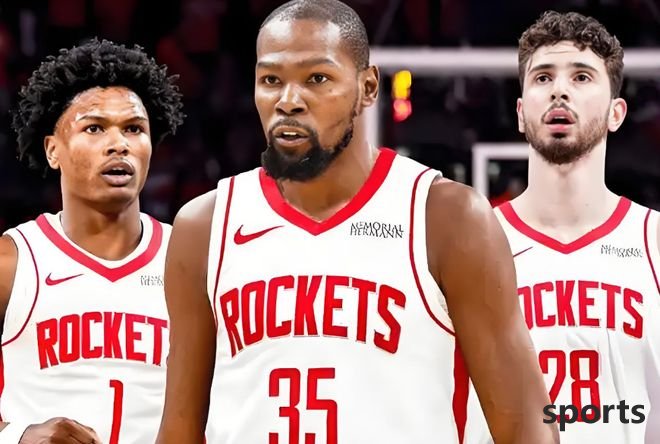
- Recent Posts
-
- Doncic talks about various dou
- Who is the scoring champion of
- Warriors, the roster is confir
- It is said that Kumingjia does
- 37 million becomes 11.6 millio
- Haynes: Some teams are followi
- Yang Hansen and Brownie! Media
- The Warriors 7-for-1 earthquak
- Wall officially retires! The f
- Listed on "News Broadcast"! Th
- Hot Posts
-
- Yang Hansen tried out the Warr
- How strong is the strongest hi
- Looking forward! 2025-2026 NBA
- NBA rumor: Kevin Durant believ
- Anthony is rated as the strong
- Data analysis: Pacers 2-1 Thun
- NBA Summer United: Yang Hansen
- Yang Hansen s rookie contract
- Replica Legend, Thunder Alexan
- Magic vs. Free throws: Hallibu
- Durant is destined to join the
- There are good and bad! Team m
- Which NBA team is more suitabl
- NBA character Alexander: The T
- Behind SGA’s Give Up 100 milli
- Hit 10+4+5+3! Yang Hansen made
- After Westbrook jumped out of
- The NBA playoff division final
- After Bill reached a buyout, t
- 2025 Rookie Observation (20):
- search
-
- Links
-
